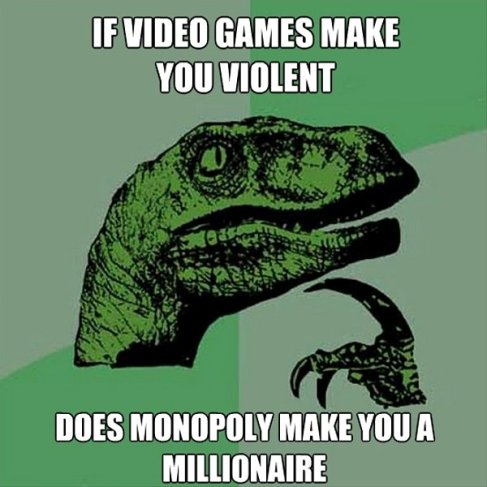The media is heavily influential and this leads to it being the first card drawn when the blame game is played. The ‘effects model’ believes that the media brings about its own criticisms as it preys on the weak to feed the strong and it is highly biased and selective in what is portrays; especially in the field of violence. Industries have learnt that the highly malleable minds of youth are drawn to the energy which is extremely visible in violent scenes and David Gauntlett supports this by writing that violence featured in fictional productions is largely censored in the news and in serious factual programs. People don’t want to face the reality of physical pain and would rather escape to the romanticised world of perfectly choreographed fight scenes and the comical motions of video games. This form of entertainment has surfaced the ‘cultivation theory’ which examines the long term effects of television and states that the longer people ‘live’ in the television world, the higher the chances that they begin to believe the reality portrayed on television.
This is the backbone behind Albert Bandura’s ‘Bobo Doll Experiment’ in which he demonstrates a way in which children learn aggression. To me, this experiment tells of how children learn in general. They copy what they see and they only copied the violence towards the doll as that is the only way they know how to use it, they saw an adult (a person of higher authority) using it in such a manner that they thought it must be the correct way to treat the doll. This DOES prove that children learn through imitation and if taught violence then an aggressive outcome is inevitable BUT there is also the choice by parents to not show/provide violent situations.

1) Gauntlett, D. Ten things wrong with the ‘effects model’ (1998)
http://www.theory.org.uk/effects.htm
2) Cherry, K. Bobo Doll Experiment: Bandura’s Famous Experiment on Aggression
http://psychology.about.com/od/classicpsychologystudies/a/bobo-doll-experiment.htm
Haha the Monopoly thing is gold! No pun intended! I like the way you have set it out. Structure is really good, it’s interesting and doesn’t get boring like it very easily could after reading so many others 🙂
Quaint and concise post. The first line is endearing and the point is heavily argued. However, the question ‘who is Gauntlett?’ readers will be frequently asking, as there is no first name. More repetition of ‘the effects model’ would have also greatly increased potential, as after all we’re writing about the media effects model, and how it is potrayed through media.
And lastly, me as the reader, I would have liked to hear more about the discrepancies between influence of an irresponsible parent, and the responsible parent (as authority figures).
Thanks for the genuine feedback man, will definitely take this upon and edit my post!
You’re welcome. A lot of potential there.
Great post, and very insightful! I agree with your view on the Bobo Doll experiment regarding the way in which children learn in general eg. ‘monkey see monkey do’. Seeing the adult behave violently with the doll was what the children perceived to be the intended use/behavior. I especially enjoyed the Monopoly reference at the end (if only it was true!). Can’t wait to read more of your blogs 🙂